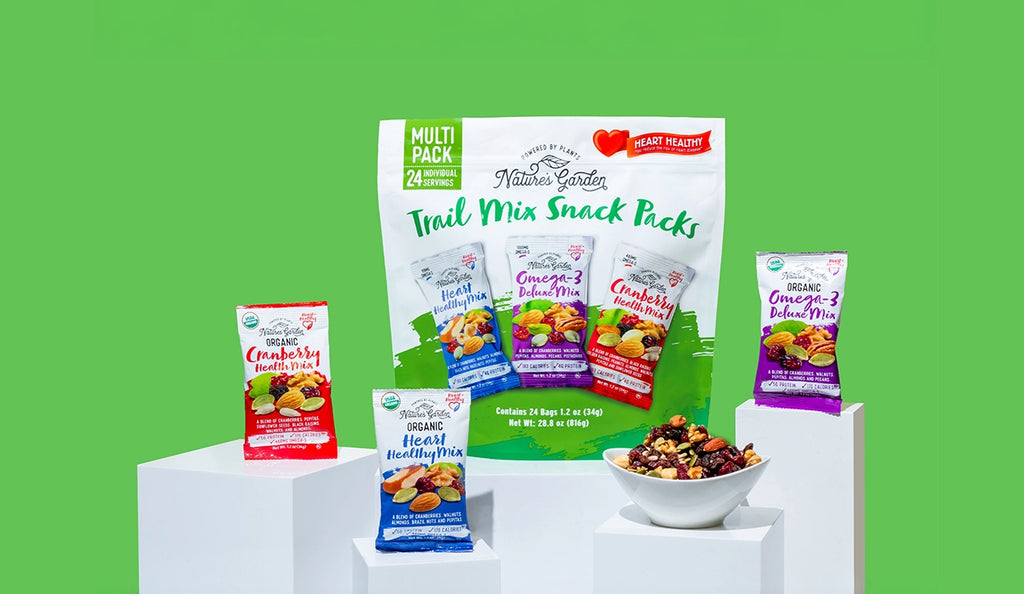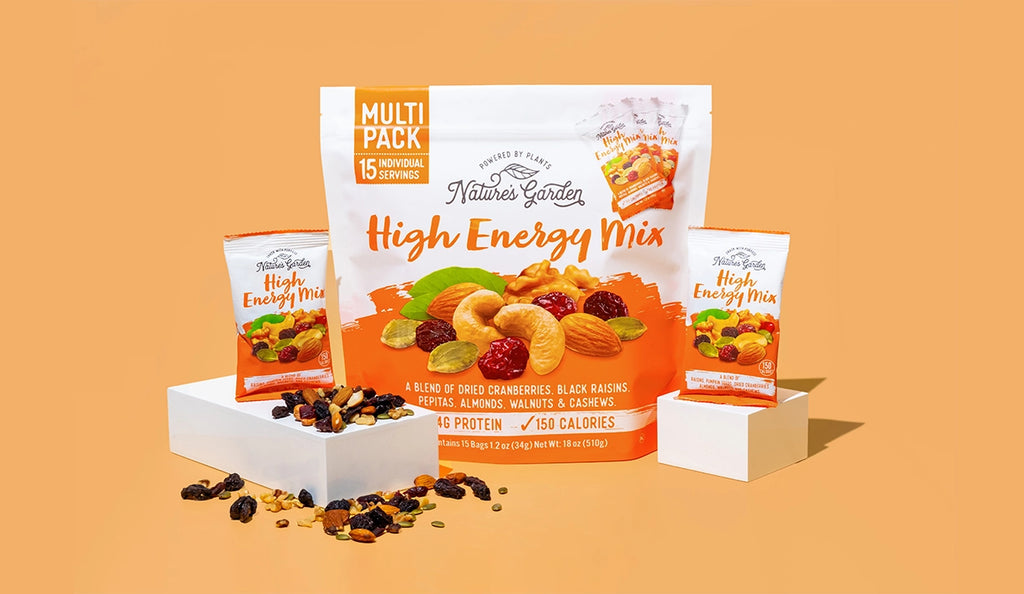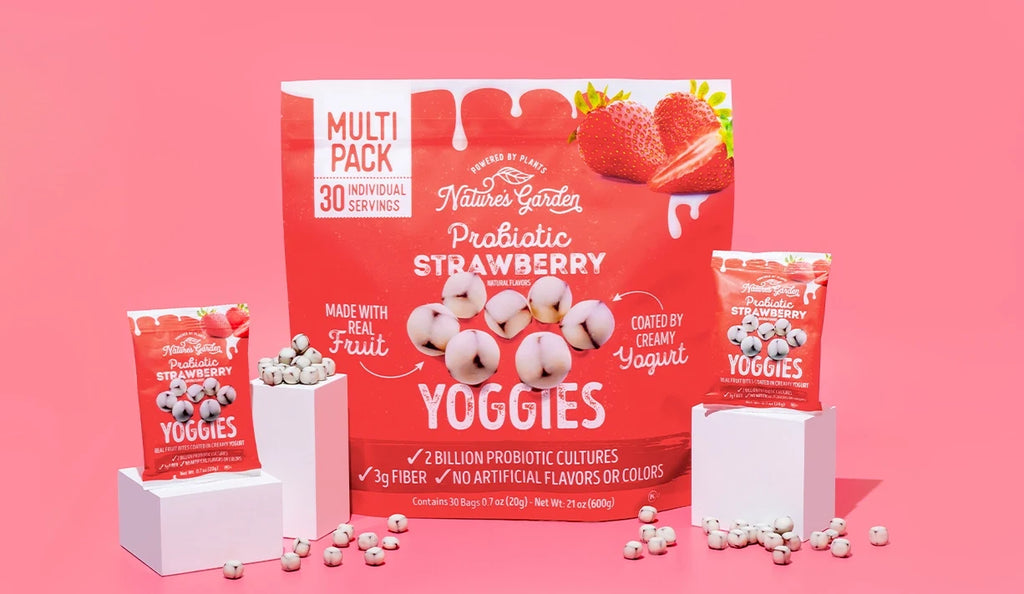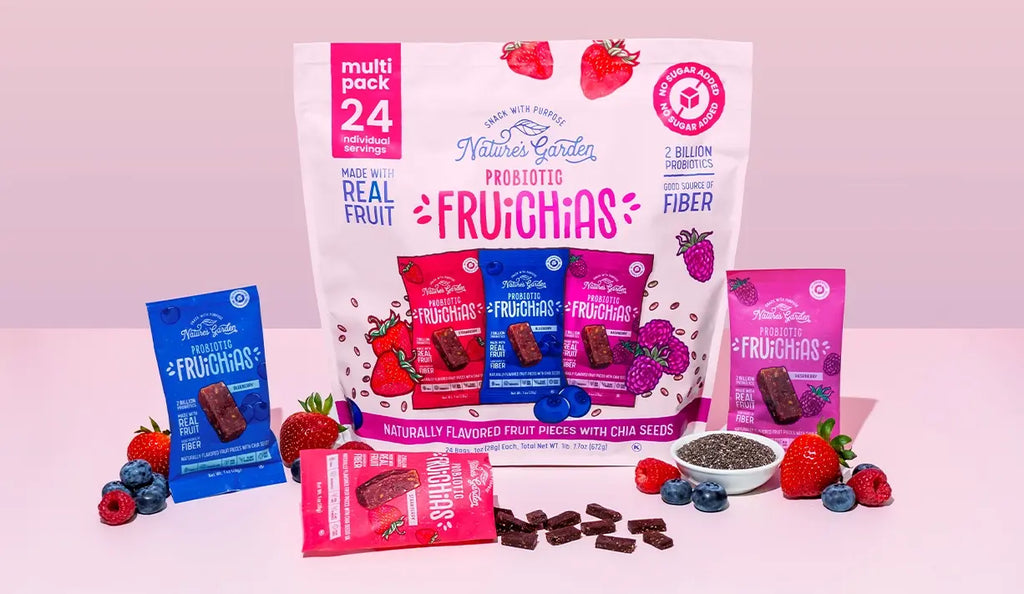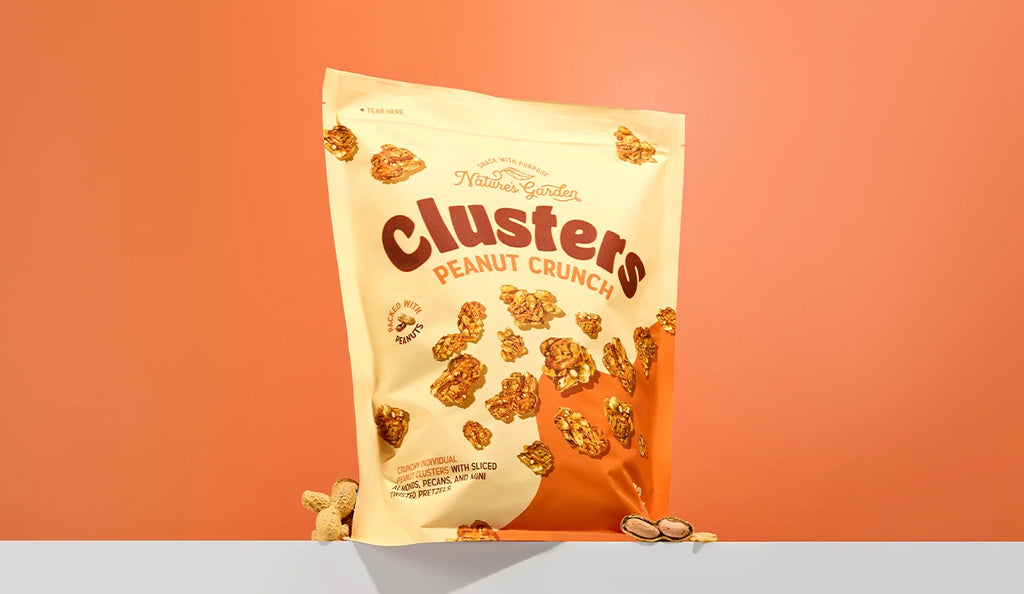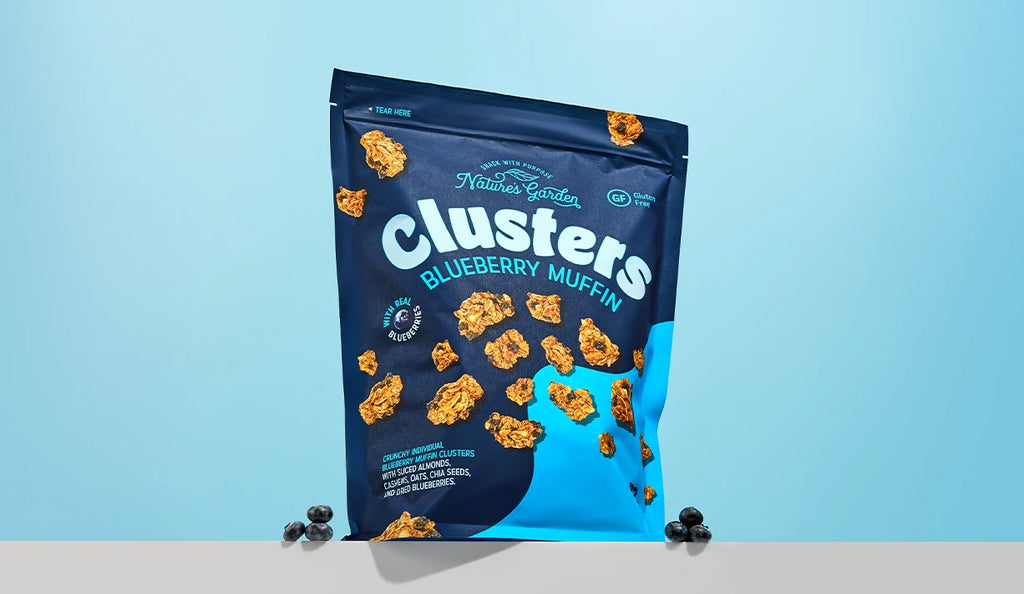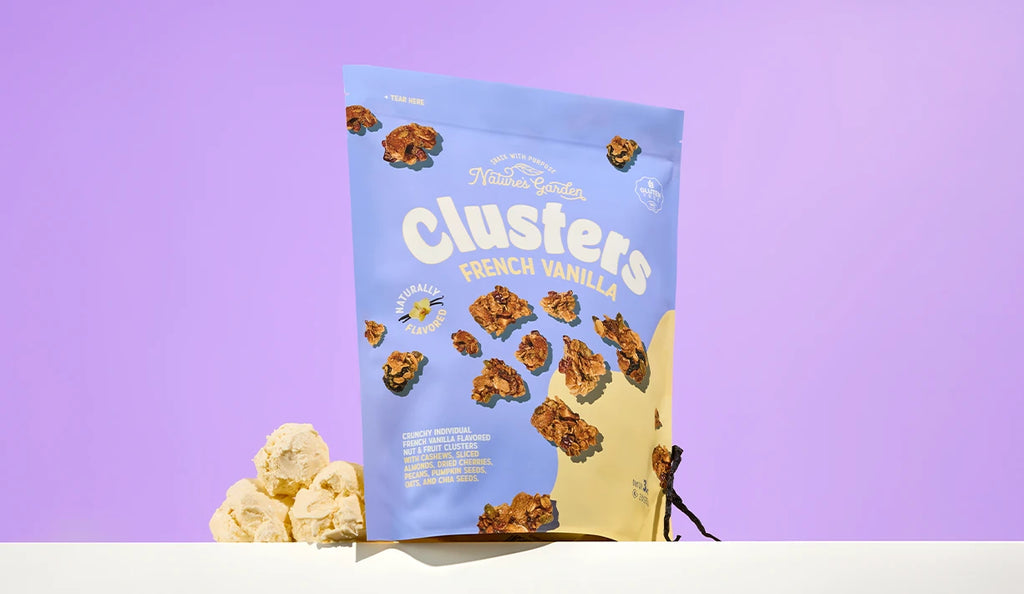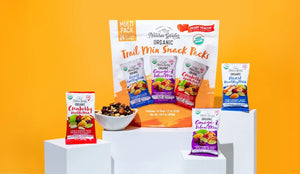Hey there, mindful parents! Ever find yourself puzzled while scanning the snack aisle for your little ones? You're not alone. In the buzzing world of kiddie diets, making the healthiest choices can feel like a maze. In this post, we'll guide you through the why's and how-to's of choosing organic snacks that are not only delicious but also nutritious. From avoiding harmful chemicals to promoting lifelong healthy eating habits, discover why brands like Nature's Garden could be the MVPs in your pantry. Let's dive in!
Why Choose Organic Snacks?
Choosing the best supplemental foods, for your toddlers and babies is not only doing what’s best for them, but it’s also what they deserve. With the overarching diet debate of what foods to avoid and what foods to choose for our families, it’s important to be conscious of avoiding processed foods. Organic foods and snacks like the products of Nature’s Garden, include no traces of pesticides or fertilizers which can be used in the growth process of inorganic crops. It is evident that kids and babies are more prone to the harmful effects of pesticides and various chemical that can be found in non-organic foods. They also contain no preservatives and have not been altered in any genetic way (GMOs) to provide longer shelf life.
The Benefits of Organic Snacks
It’s important to fuel the little bodies in our families and create healthy eating habits which will stand the test of time. One benefit of organic snacks and incorporating them into the diets of your children are that you can avoid them overeating during mealtime. By supplementing organic snacks for your kids, you can help them receive nutrients that they might dislike if they are picky eaters and help prevent them from becoming cranky throughout the day.
According to the Harvard T.H. Chan School of Public Health, “organic choices might be healthier because organic crops contain higher amounts of antioxidants, some vitamins and minerals, and omega-3 fatty acids (in organic dairy products), studies have shown.” Healthy organic snacks are the best way to supplement your child’s diet in helping them get the nutrients they need and bridge the gap between mealtimes without leaving them hungry or drained.
Check the Labels
It is crucial for parents to identify snack foods that might be deemed organic but are still plagued with high levels of sugar and low levels of protein and fiber. Frank Hu, chair of the Department of Nutrition of Harvard’s T.H. Chan School of Public Health, shares his wisdom in snack fact checking by offering the best way to check if a snack food is healthy. By checking ingredient lists for whole grains, fibers, nuts, presence of minimal added sugars, and protein you can identify the benefits of organic snacks decision for your kids.
What Are Organic Foods and Snacks?
The American Academy of Pediatrics notes that the best foods for toddlers come from one of 4 food groups. These food groups provide maximum nutrition and can be incorporated into your toddler’s diet as both meals and snacks. These groups include fresh fruits and veggies, dairy, meat, seafood, and grains. Within these groups, there are obviously both healthier options than others and more practical options than others when it comes to choosing snacks. It’s important for parents to offer a variety of healthy snacking and eating options so that the child can decide what to eat through the guidance of the parent.
4 Food Groups
A few realistic examples of organic snacks for kids that can help supplement your little one’s diet:
· Fruits and Vegetables: Any properly cleaned, fresh or dried produce
· Proteins: Eggs, chicken, nuts, seeds
· Grains: Whole grain bread or crackers, oatmeal
· Dairy: Cheese, yogurt, milk
These staples will provide your little ones with exactly what they need to get through their days, and they might even thank you for it!
What Snacks and How Many?
The American Academy of Pediatrics suggests that 2 healthy and nutritious snacks is the proper amount to contribute to your child’s daily routine. Nature’s Garden snacks like dried fruits, nuts and healthy mixes, and probiotic focused treats are some of the best options to create health focused eating patterns. Also, the Academy of American Pediatrics speaks of the importance in helping families understand that snacks are an opportunity to provide nutrients of their child, because toddlers specifically need more nutrients than they can often get at mealtimes. The Academy cautions against snacking throughout the day or snacking without the times being planned.
Back To School
It’s no secret that the schoolyear is creeping closer and closer into view for parents, and with that comes the importance of fueling your children’s days. Whether they’re in the classroom or at home, Nature’s Garden can help with snack time in a variety of ways. With a variety of mixes from Healthy Trail Mix Packs to Immune Snack Packs that are individually packaged to relieve the stress of packing for snack time, Nature’s Garden offers several practical options. A few mixes individually measured into ‘snack packs’, take all the hassle out of prepping for the school day. There are products specifically focused on high energy and immunity, if you know exactly where your child needs their healthy boost. Nature’s Garden can easily help them feel their best while being healthily fueled.

